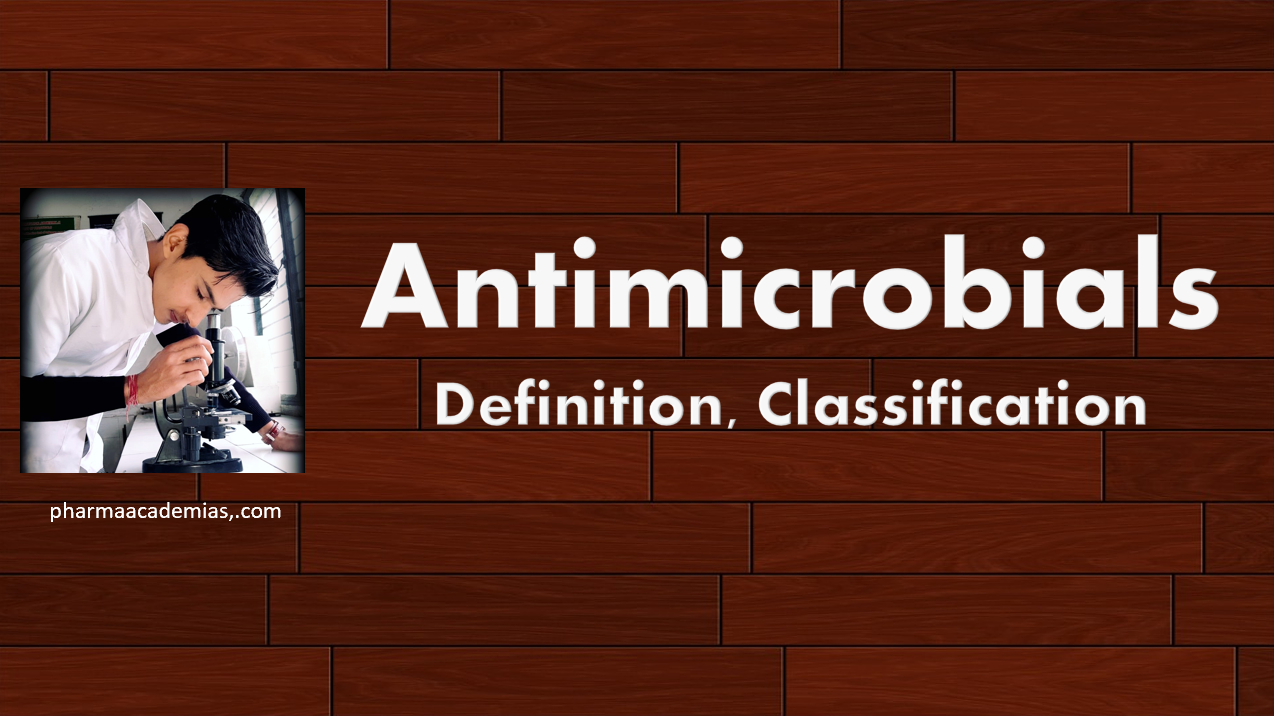Peptic Ulcer: Definition, Types, Causes, Symptoms, and Treatment
A peptic ulcer is a sore or lesion that develops on the lining of the stomach, upper small intestine (duodenum), or esophagus due to the erosion of the mucosal barrier by acidic gastric juices. The term encompasses gastric ulcers (in the stomach) and duodenal ulcers (in the duodenum). Rarely, ulcers can occur in the esophagus, … Read more



